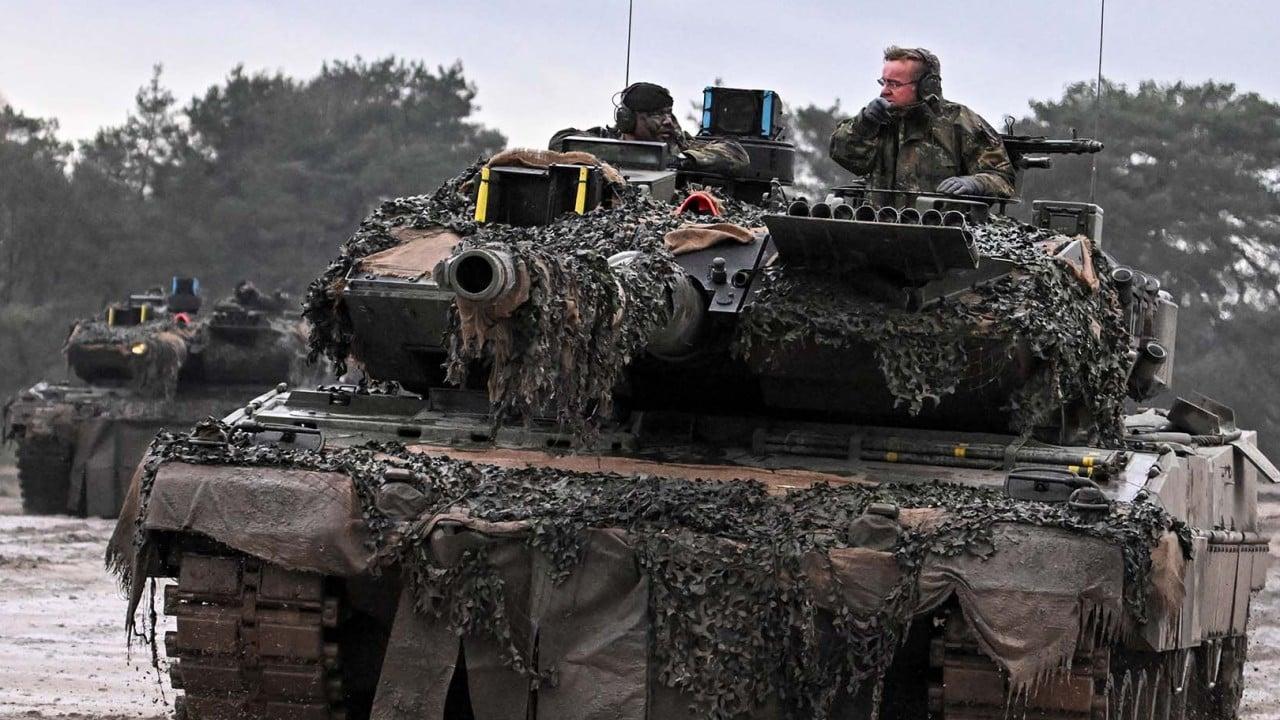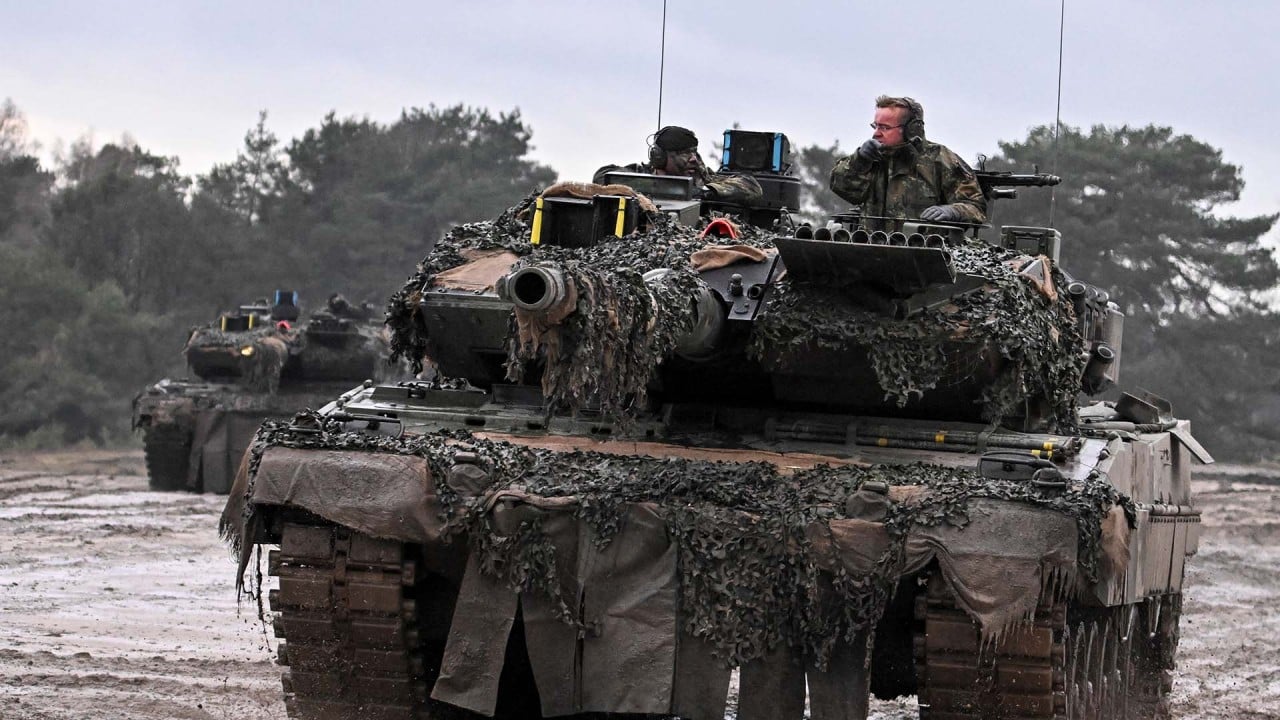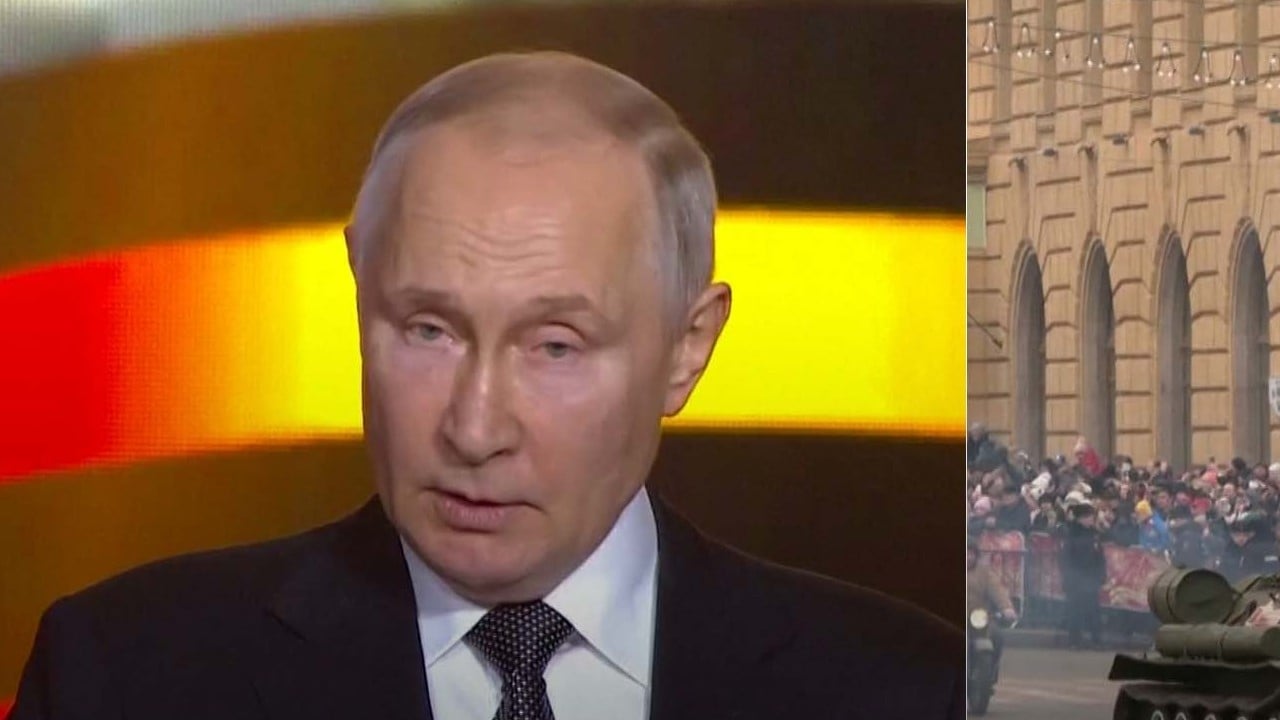
“For China, it is a signal that it is a major power to be reckoned with, and it too can project influence beyond its immediate region,” said Steven Gruzd, head of the Africa-Russia Project at the South African Institute of International Affairs.
He said the military exercises were seen as a way for the three countries to cement their political ties. Russia intended to show that it had not been isolated by Western sanctions and could still project influence far beyond eastern Europe, Gruzd said.
The military drills come as the United States and many European nations question what South Africa has said is a “neutral” stance on the Russian invasion of Ukraine, especially as it will be cooperating with a nation that critics say has abrogated the United Nations charter by invading a sovereign state.
“This would seem to place South Africa in Russia’s camp. The timing is very unfortunate, and will draw more attention than otherwise to South Africa’s relations with Russia and China,” Gruzd said.
South Africa’s ruling party, the African National Congress, has close ties to Russia dating back to Moscow’s support for the ANC’s struggle against white-minority rule. Last year, South Africa abstained from voting on a UN resolution condemning Russia’s invasion of Ukraine.
“I think the West is also concerned that South Africa’s relations with [Western rivals] are apparently strong and deep, as evidenced by the drills,” Gruzd said.
Recent visits to South Africa by high-profile visitors such as US Treasury Secretary Janet Yellen, Russian Foreign Minister Sergey Lavrov and the European Union’s foreign policy chief Josep Borrell have further underlined those concerns.
During her visit, Yellen warned South Africa about sanctions violations, while the EU boss urged South Africa to provide diplomatic help to end Russia’s war with Ukraine.
The White House had raised concerns about “any country exercising with Russia while Russia wages a brutal war against Ukraine”.
South Africa’s minister of international relations and cooperation, Naledi Pandor, defended the country’s decision to host the drills, saying “all countries conduct military exercises with friends worldwide”.
“There should be no compulsion on any country that it should conduct them with any other partners,” Pandor said at a press conference with Lavrov in Pretoria two weeks ago.
Observers have said that Russia’s invasion of Ukraine is a factor in the exercises in that they are aimed in part at demonstrating Russia’s ability to circumvent international isolation.
But Paul Nantulya, a research associate at the Africa Centre for Strategic Studies at Washington’s National Defence University, said that the invasion of Ukraine was a factor in another, more sinister respect – hypersonic weapons.
“It has emerged that the Russian frigate, Admiral Gorshkov, which will participate in the joint drills, will be armed with advanced hypersonic missiles,” Nantulya said, adding that they were “particularly violent weapons” that could fly up to 25 times the speed of sound, and had been used by Russia in Ukraine.
“This could be a message Russia is sending to Ukraine itself, on the anniversary of its reinvasion of that country … It is also definitely a message to the US, that nothing will stop Russia as it presses its campaign.”
However, Nantulya said such missiles had proven to be ineffective in ground warfare as shown by Ukraine’s successful offensives in much of the second half of last year.
Russia wanted to show to the world that it could find a way out of international isolation and could still conduct international relations on a grand scale despite the sanctions imposed against it, Nantulya said.
As for China, the last time the People’s Liberation Army (PLA) held drills in Africa was 2019, when it conducted a 25-day exercise dubbed “Sincere Partners” with the Tanzania People’s Defence Forces.
During the drills with South Africa, Beijing aimed to resume building on its military coordination with African forces after the three-year pandemic hiatus, Nantulya said.
The first South Africa-Russia-China naval exercise in 2019, dubbed “Exercise Mosi”, held off the coast of Cape Town, also focused on interoperability.
For South Africa, the exercise could signal its status as an African power, capable of bringing two superpowers to exercise in African waters, not once, but twice, Nantulya said.
“South Africa gains in terms of interoperability, and also increases its strategic relevance in terms of the wider geostrategic competition among the US and China, and Russia by extension,” Nantulya said.
Before Covid-19, China conducted two to three drills annually with African forces, exercises that were usually carried out between the PLA’s regular anti-piracy patrol missions, and almost always carried out during high-level diplomatic meetings, Nantulya said.
Still, the timing of this month’s military drills has raised concern among nations opposed to Russia’s invasion of Ukraine given that it coincides with the one-year anniversary of the war.
“The timing of the exercise is a propaganda coup for Russia, but I fail to see how China and South Africa benefit by linking their navies closer to Russia at this time,” said David Shinn, an expert on China-Africa relations at George Washington University’s Elliott School of International Affairs.
The naval exercise was the “return to gunboat diplomacy and spheres of influence, just like during the scramble for Africa, attempting to demonstrate their prowess with blue water navies capable of projecting power far from their borders”, said Douglas Yates, a political scientist specialising in African politics at the American Graduate School in Paris.
Yates said the Russian activities in Africa could be seen through the lens of a “new cold war”, and if South Africa were to fall under the anti-democratic propaganda of Russia, the US would lose its most important regional ally.
“The ideological war for hearts and minds is part of this new cold war. But without a hot war going on in Ukraine, it would appear less threatening, less direct,” Yates said.
However, professor Zhou Yuyuan, a senior fellow and deputy director at the Centre for West Asian and African Studies at the Shanghai Institutes for International Studies, rejected suggestions that the joint exercises would be a shocking geostrategic event.
Zhou said the military drills were a form of political expression among the three countries.
“The military exercise is more like a political proof of relations among the three countries and a new cooperation initiative among BRICS countries,” he said, acknowledging that the date for the drills may seem inappropriate in the eyes of the West.
“I don’t think the drill can tell and achieve many things as the people in the West exaggerate. The main aim of Russia I think is to consolidate and develop its international partnerships, including exploring a possible approach to breaking through the dilemma of the war at this moment.”




